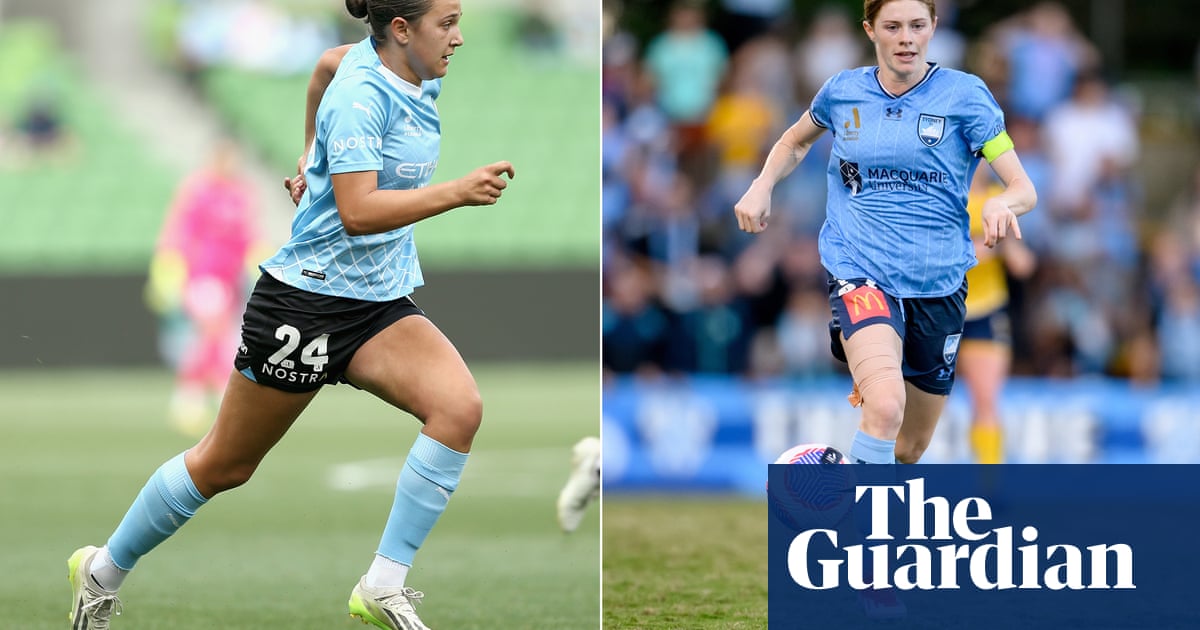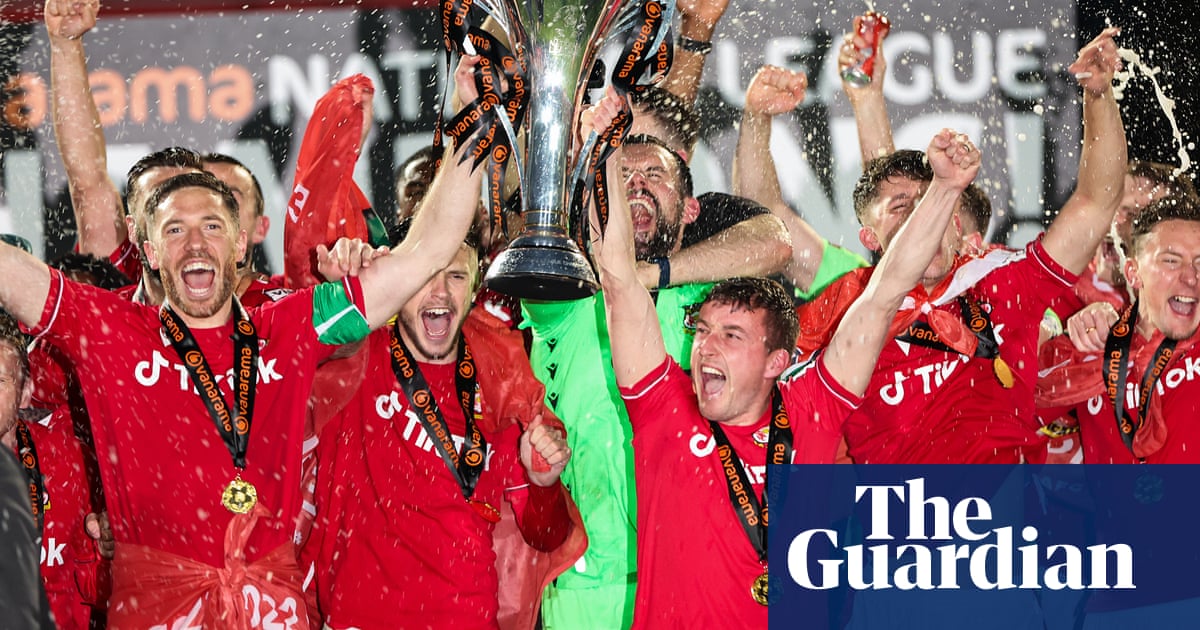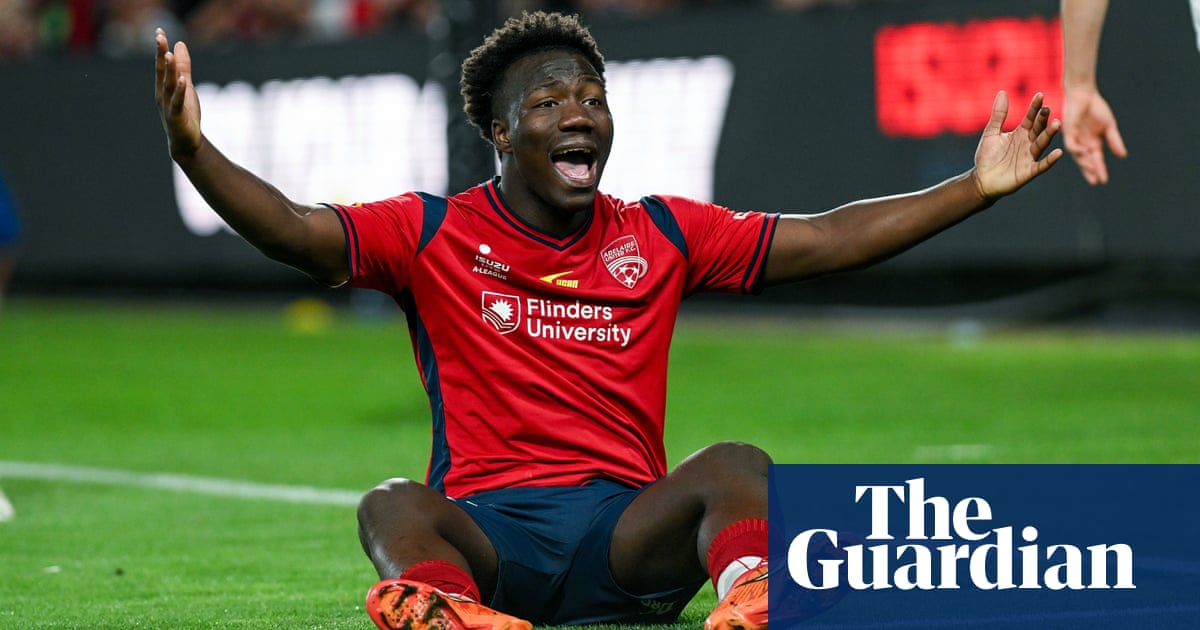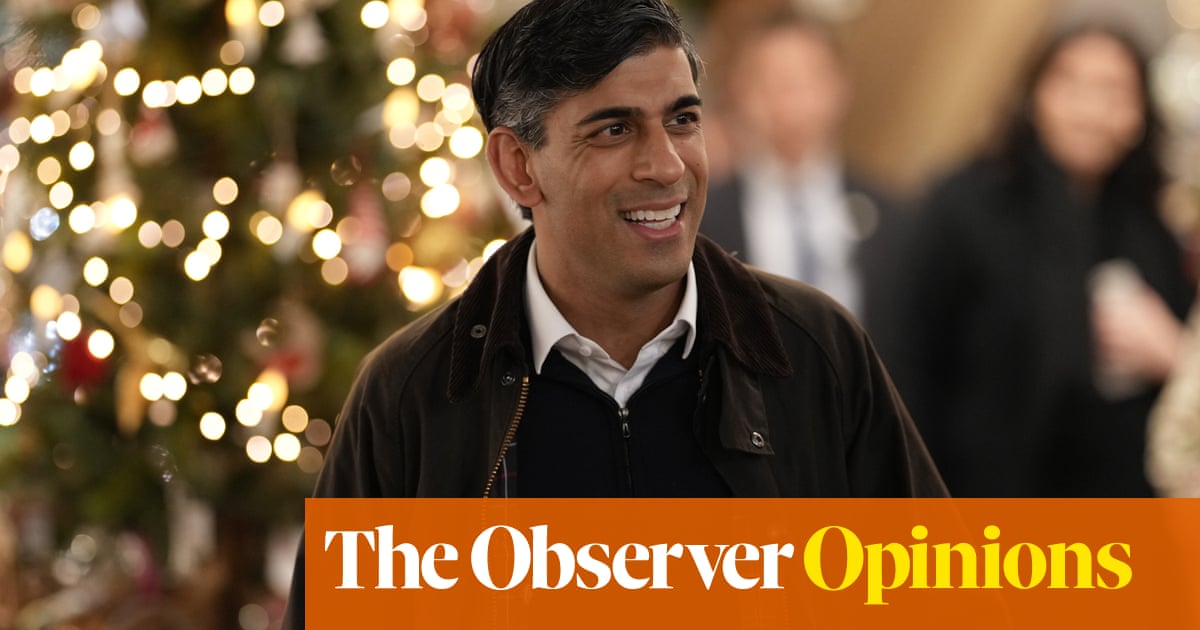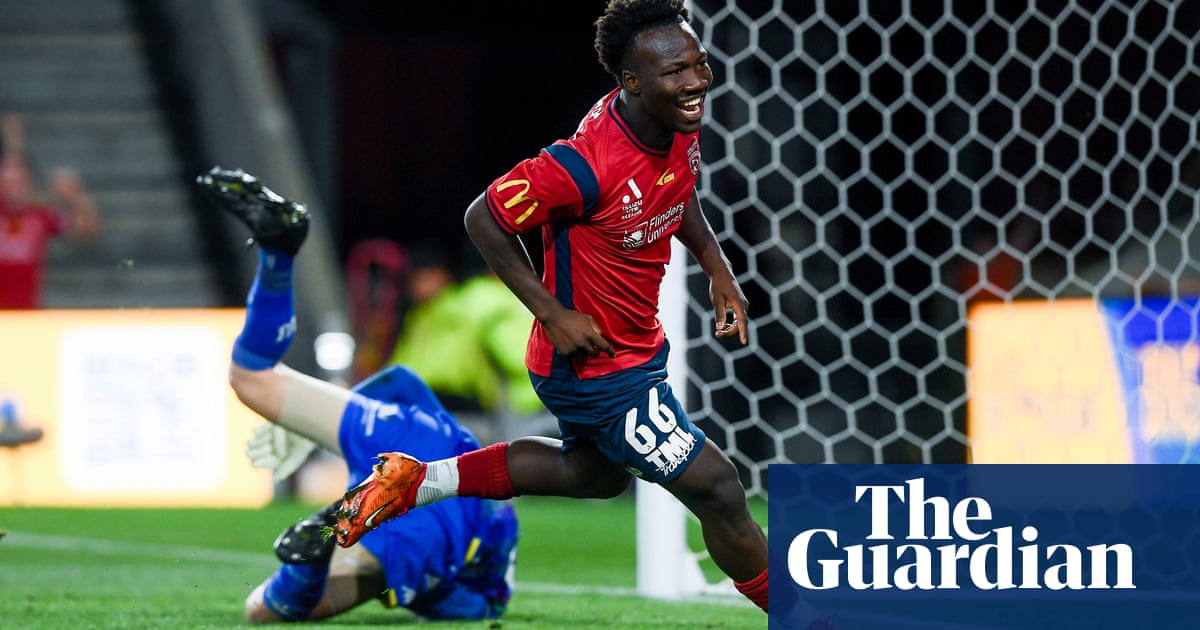
One of the key pieces of advice the A-League received in early 2020, when it was separating from Football Australia, was that the “best asset” it could possess was the local boy or girl made good. The counsel came from the former Premier League boss Richard Scudamore, who was drafted by clubs to advise their new stewardship of the competition, and it’s hard to imagine a more apt example of this than Nestory Irankunda. So it’s no surprise that Australian football has become so invested in the journey of the 18-year-old and the saga surrounding his status with Australia’s U23 side, the Olyroos.
The teenage sensation is emblematic of what the competition is trying to become in its new, belated, “football-focused” era; an incredibly talented young man, who received an opportunity to play for his home town club and promptly excelled. Arriving in Australia as a refugee, he has gone from the Adelaide Croatia Raiders to Adelaide United, and soon, Bayern Munich. All in process before his 18th birthday in February. It’s a step-by-step journey that followers of the game have been able to track almost in its entirety and, as a result, invest in emotionally.
Irankunda is packed with potential, described by the Olyroos coach, Tony Vidmar, as the “future of the national team”. Not only does he possess a surface-to-air missile for a right foot, he’s purposeful in possession and, importantly, able to produce tangible outcomes for his side; his combined 12 goals and assists is the 14th highest in the A-League Men competition this season. While he still needs polishing, it’s obvious at this point that there’s a potentially world-class diamond under the surface.
But there’s an enormous weight of expectation that comes with being so good while so young – something that doesn’t always lend itself to a sober analysis of what realistic expectations are now or in the future. It’s hard enough being 18 as it is, let alone when there’s an entire online ecosystem – which your generation are native inhabitants of and prospects of the past didn’t have to deal with – labelling you Australian football’s saviour. Fail to meet these presuppositions, or don’t meet them fast enough, and one knows from history how they could be used to cudgel Irankunda; hurled like a hand grenade by a cohort who revel in the misfortune of others and those who had the temerity to be excited by him.
Protecting, or at least mitigating, this was ostensibly why he was left out of the Olyroos squad for this month’s U23 Asian Championships in Qatar, which will double as qualifying for the Olympics. In a footballing sense alone, few would argue Irankunda wasn’t capable of contributing to the efforts to secure a ticket to Paris but, given the broader circumstances around him, Vidmar preached caution. “I asked him about the expectation, and it’s been challenging for him,” he said. “And to throw that on a young kid, it can do more damage.”
But Marco Tilio’s forced withdrawal from the squad on Monday saw something of an about-face from the national setup, according to the Sydney Morning Herald, with Irankunda sounded out as a potential replacement. He declined the approach, determining he was better off seeing out the remainder of Adelaide’s season and preparing for his move to Germany.
A sounding-out process is not the same thing as an official approach and, as a player on the initial extended list submitted to the AFC for the tournament, Irankunda was one of the few players able to be sounded out. But given that decision-makers left Irankunda out of the squad announced last week for reasons of long-term wellbeing and expectation management only to then, even as a tyre-kicking exercise, float a potential call-up after Tilio’s injury isn’t an edifying look. Not only does it cast a shadow over the explanation presented last week but it will inevitably affect analysis of their decisions in future.
Importantly, however, in both his initial omission and his subsequent decline, Irankunda appears to have retained agency in the process; the SMH reporting he remains committed to representing Australia despite turning down the Olyroos this time. Given everything else in play, it’s easy to gloss over, but agency over their future is not often prioritised when it comes to young footballers – it’s not often afforded to any young people. It’s always important to remember there’s a person involved here, not just a footballer.
In an ideal world, would Irankunda be in Doha? Absolutely. Has this all been managed optimally? Probably not. Should football support young athletes better so situations like this can be avoided? Undoubtedly.
But in appearing to recognise that Adelaide’s support system is the best place for him as he prepares to enter the meat grinder that is European football, Irankunda has demonstrated a level of maturity and introspection. And given that he has acknowledged he needs to improve the mental side of his game, maybe that’s a silver lining.




